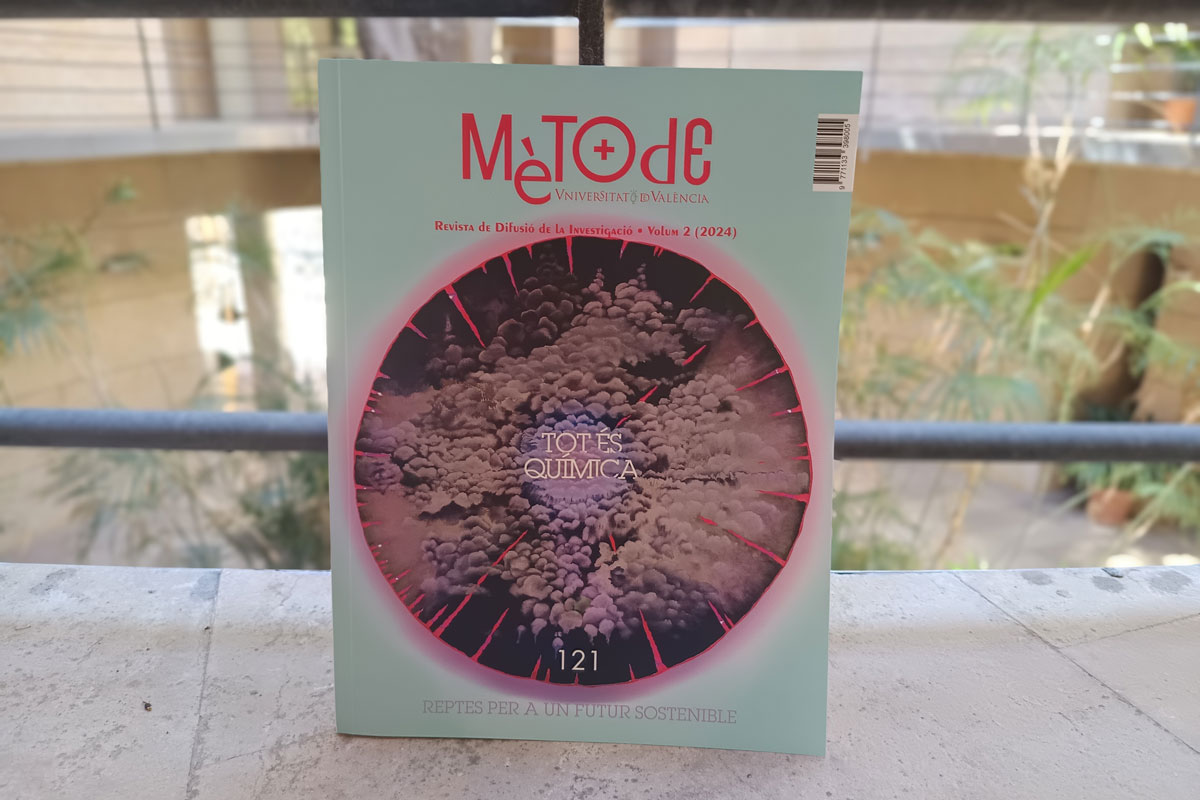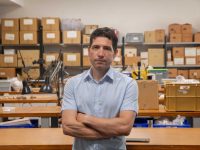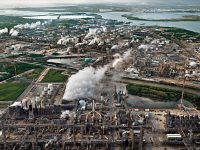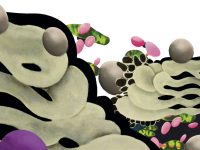
Chemistry is a scientific discipline intrinsically linked to life and very present in our environment. Issue 121 of the journal Metode focuses on this fundamental discipline and its role in achieving a more sustainable future through the improvement of production processes and efficiency in the recovery and reuse of materials.
The monograph, coordinated by Lluís Pascual, PhD in Chemistry and Associate Professor at the Department of History of Science and Documentation at the University of Valencia, explores chemistry’s ability to transform our society. In this context, Bianca Stadelmann and J. Chris Slootweg (University of Amsterdam) highlight the possibilities of a truly circular chemistry. Strategies for chemical and technological development in agrochemical research are also reviewed in an article on sustainable nitrogen fixation by Lluís Pascual (University of Valencia), Emanuela Accardo and Hermenegildo García Baldoví (both from the Polytechnic University of Valencia). The challenge of the energy transition also includes the circular economy of copper, a fundamental metal for digitalisation, as explained by Jorge Torrubia and Alicia Valero (CIRCE Institute – University of Zaragoza). On the other hand, chemistry is essential for improving the functionalities of biosensor surfaces, as Maria Soler and Laura M. Lechuga (Catalan Institute of Nanoscience and Nanotechnology) show in their article. Finally, Joan O. Grimalt (Institute for Environmental Assessment and Water Research) addresses the issue of the harmful effects of certain chemical compounds and brings us closer to a proposal for the creation of an international body for the scientific assessment of environmental pollutants. The artist Ángela Bassano is the illustrator of this issue.
Looking to the past
In issue 121 we find more articles that, in one way or another, touch on the challenge of sustainability. These include an interview with Pilar Serra Añó, Vice-Principal for Sustainability, Collaboration, and Healthy Living at the University of Valencia, in which she highlights the university’s role in promoting more sustainable habits among young people and society in general. Similarly, in the pages of Metode, an article by Jorge Ramón Ros explores the reuse of urban waste in 19th-century Valencia.
A glimpse into the past of ecosystems in the southeast of the Iberian Peninsula shows us wildlife with species such as sabre-toothed tigers, gazelles… The article by Chema Catarineu Guillén, Trino Fernández Verdú, and Pedro Piñero helps us to reconstruct extinct worlds that make us think about the measures that could be more appropriate for the conservation of present-day communities.
From the past, we move on to the present and future of artificial intelligence (AI) with two articles. In the first, Arcadi Navarro talks about the potential, but also the uncertainties, of this new technological revolution. The second, by Adéla Koťátková and Manuel Miralles Hernández, is a test of AI applications in aspects such as the doctor-patient relationship and whether it can improve the understanding of medical discharge reports.
At the end of the issue, Metode includes the usual sections by authors such as Xurxo Mariño, Fernando Ballesteros, M. Alba Bracho and Jordi Solà Coll.





